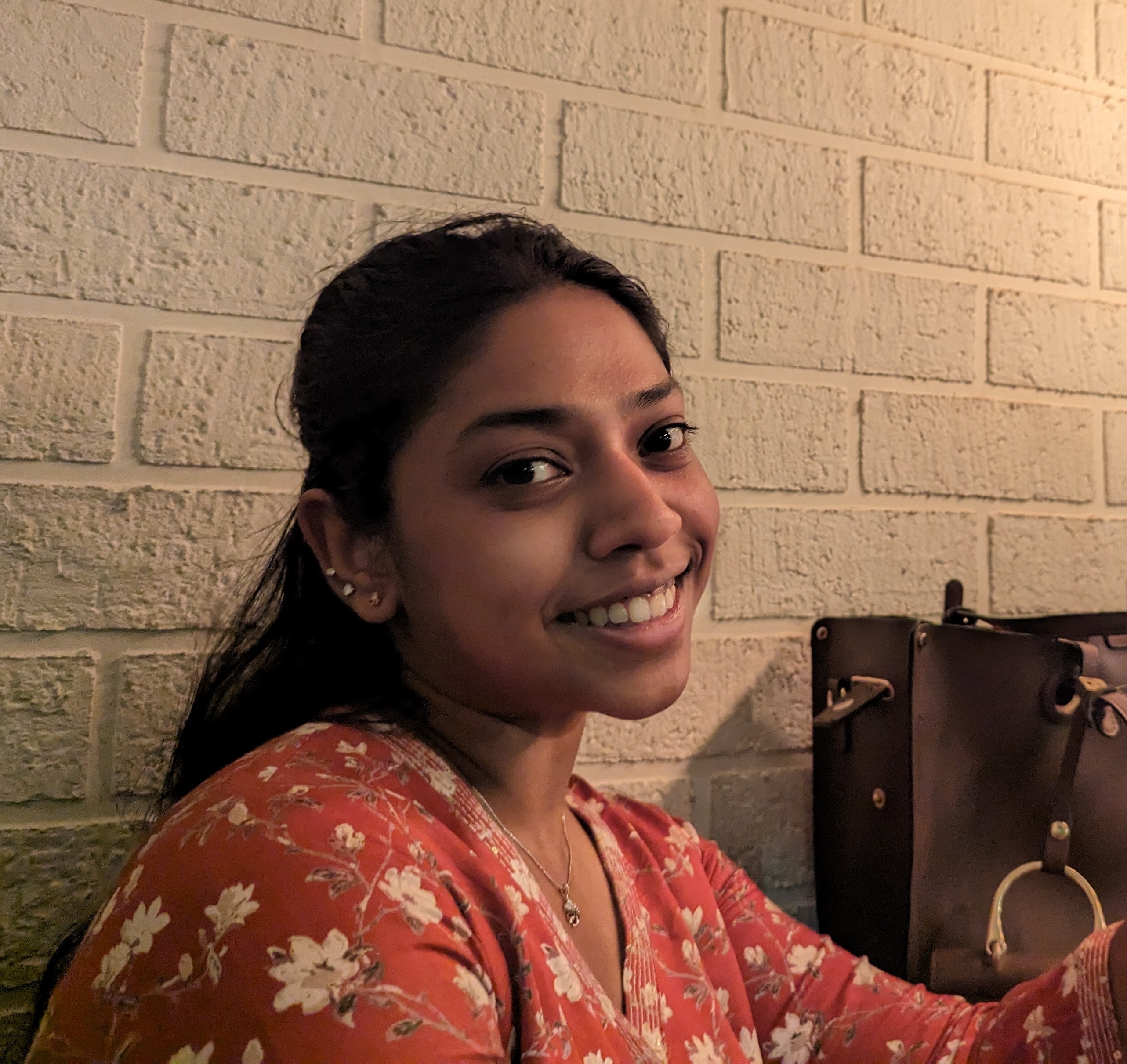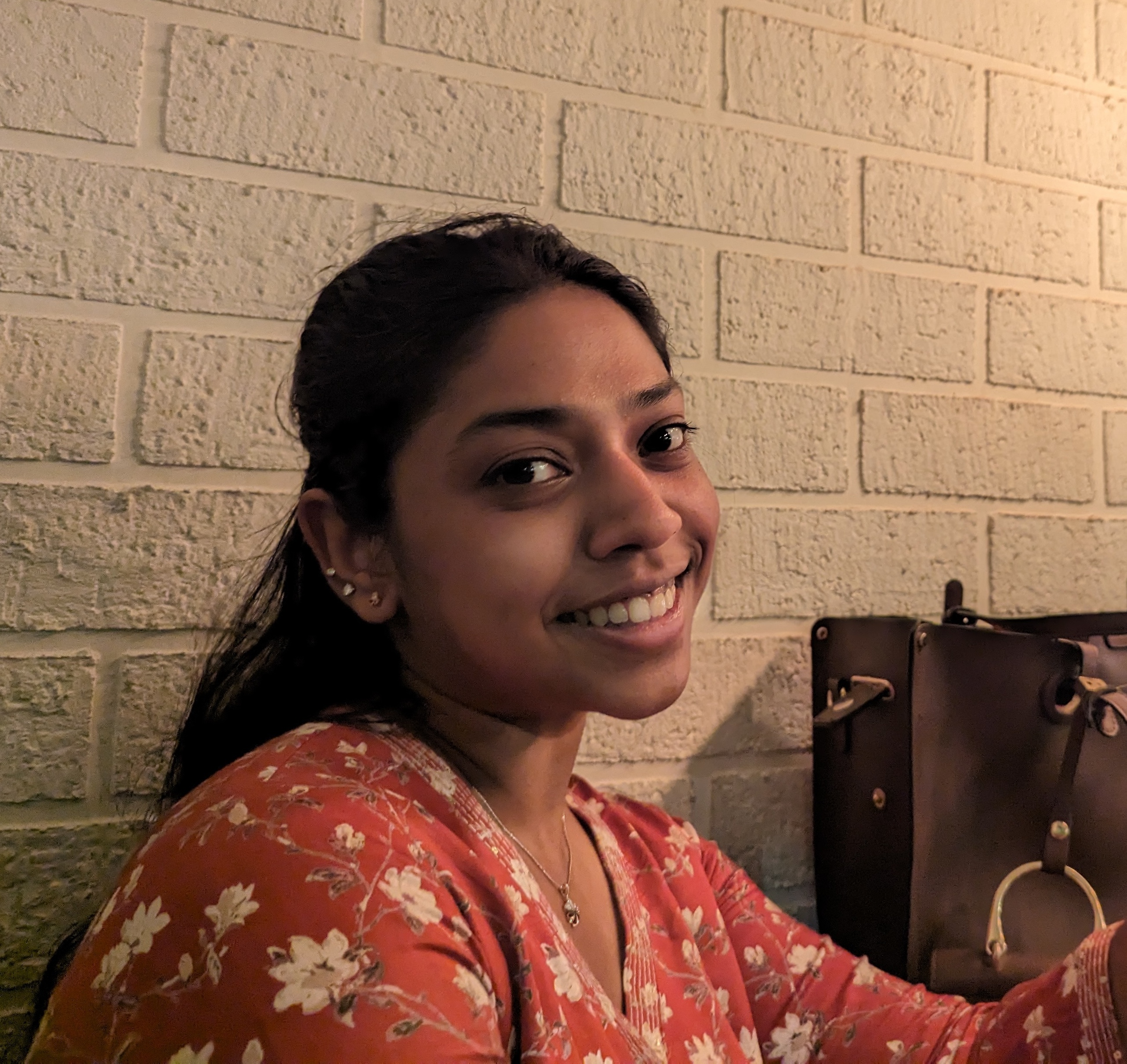What to look for in a mentor
I recently graduated from NYU with a master’s in Biomedical Informatics. This past year has been life changing in so many ways. This is not a post about the program or the course in NYU its about how I met the best mentors who helped me in ways I thought I didnt need help.
I was a part of two biomedical research labs. The fenyo lab - purely computational focussing on gynecologic oncology The Lionnet lab - an imaging lab that is interested in understanding gene expression
David Fenyö, my first mentor is the kind that believes in free will (or so I think). You look at him and you can feel his calm aura that assures you everything is alright. He encourages people to take up new projects and lead it, run it. He will check in from time to time but, never puts pressure on you to get things done. Any time I had an idea, he put me through the best resources and best people in the field. Whenever I am stuck, he gives me the space to talk about my fears and doubts and always, ALWAYS only gives me positive feedback, talks through the problem and gives a few suggestions which has always helped. My one year with him I felt like he genueinly cared about my growth and only encouraged me to take up projects that I found interesting and not what he wanted me to do or not what he thought was the best for the lab. This honeslty helped me do better because I felt seen for what I actually wanted to do.
Linda Procell, a PhD student from the fenyo lab was my mentor for my master thesis. This was the first time I ever worked so closely with someone, someone who could go through every small detail of my work. Linda always made time for me to discuss every aspect of my research. She was extensive with everything such a single page research proposal or an entire 50 page thesis write up or my hundreds of lines of code. She gave me the most useful advice when it came to writing a research article small things like figure, headings etc. She can be very straightforward with her advice sometimes but, I loved her honesty and it helped me work better. We attended a conference together and presented posters, this was my first time presenting outside India. She gave me such valuable advice on how to talk to people, how to present the work, suggestions of figure colors and sizes. I’ve spent hours with her brainstorming through different aspects of our research and she guided me through how I can make a meaningful story out of my work. Made me wonder how someone can be so attentive to detail and offer such good advice. I learned so many things from her. Above all that we’ve become such good friends!
Timothee Lionnet, PI from the Lionnet lab. Most chill, level headed researcher I’ve met, cracks a couple of jokes and always lightens the mood. I was only there for a very short time in the lab about 6 months or less. I loved the way he organised his lab meetings. I attended the first meeting in the start of the year, he had this year in recall and future projections presentation, I was mind blown. He spoke about the research done in the previous year, expenditure, admin stuff, funding etc. Every little detail about the lab, it felt very transparent and felt like things everyone in a lab should know. He set goals for the future year, talked about the how many grants he was aiming for, talked about how everyone in the lab should be involved in mentoring and how that fosters a great leadership among the post docs and researchers, it spoke volumes about the lab culture and what he truly believes in. Although I was only a volunteer at the lab, the couple of times I wanted to talk to him, he made the time to sit with me and listen to what I have done offered some advice.
Peter Whitney, Post-doc from lionnet lab. I was helping and learning from him when I was volunteering there. Since I mostly had only clincal lab experience from being an embryologist, I mainly wantedly to learn wet lab skills from the lionnet lab. Again, with Peter, he only encouraged me to do the things I was most interested in and what I wanted to learn although I was mainly there to help him with his experiments. I feel this is a very good quality to look for in a mentor. He was very flexible with the times I came into the lab and gave his all into teaching me the smallest things. Sometimes I would only be able to go in a couple of hours in a day or a week, he was extremely understanding and he would make every minute worthwhile. I have heard stories of students being taken advantage of, but Peter never for once did that, it felt like he genuinely wanted to teach me experiments. Small advice on applying for job, reaching out to people, writing emails, planning out experiments, nuances with handling cell lines and cell culture, correcting my silly errors in the lab. It felt like all that he had figured out through years and years of practice he taught me. I learned cell culture, pcr, vector isolation, gene edits using shRNA and crispr, basics of image analysis and microscopy while my time there. I only wish I had spent more time there contributing to the research.
I have been lucky to have had come across the best people so far all of whom have given me the most useful lessons. I have also learned from experience of others.
Here are a list of qualities I value in mentorship
- Someone who is genuinely interested in your growth and values what you bring to the lab
- Someone who teaches you when you dont know something and corrects you when you make any mistakes without making you feel miserable
- Someone who makes time for you and listens to your concerns and acts on it
- Someone who lets you lead projects, is open to your ideas and suggestions and doesnt just push you to follow their agenda
- Someone that encourages balance and don’t blur the lines between personal time and professional commitment. Healthy lab cultures respect personal boundaries.
These are just my opinions and suggestions that helped me and shaped the way I work when I work with someone. And these are my experiences while working at the Fenyo lab and Lionnet lab. They are such good labs. And I learned so much.

